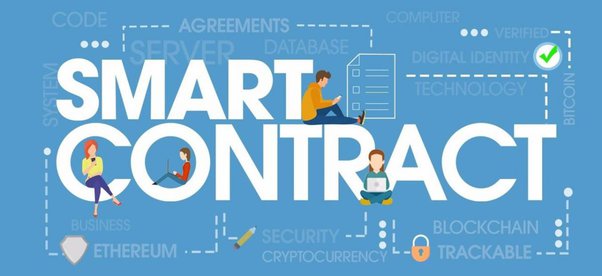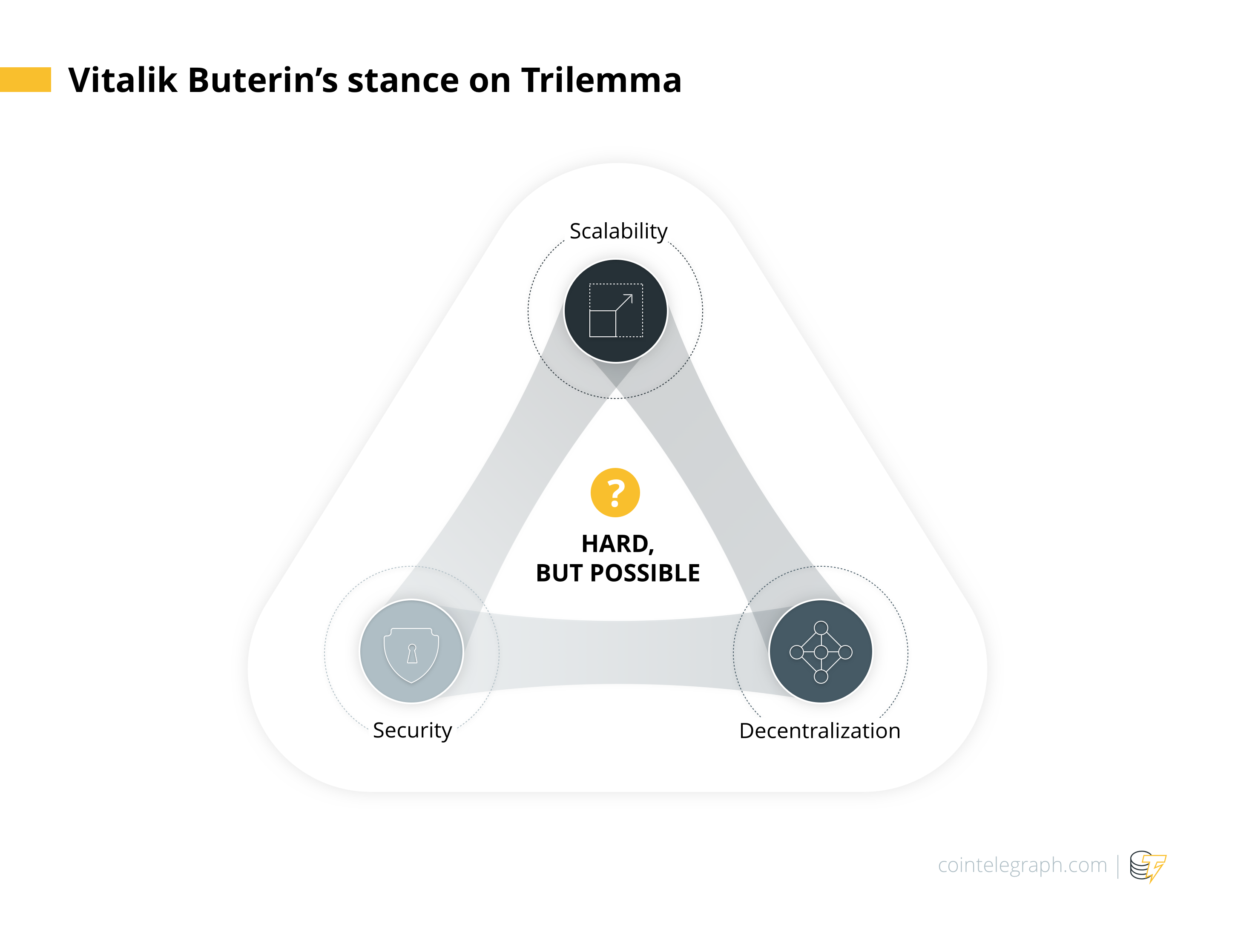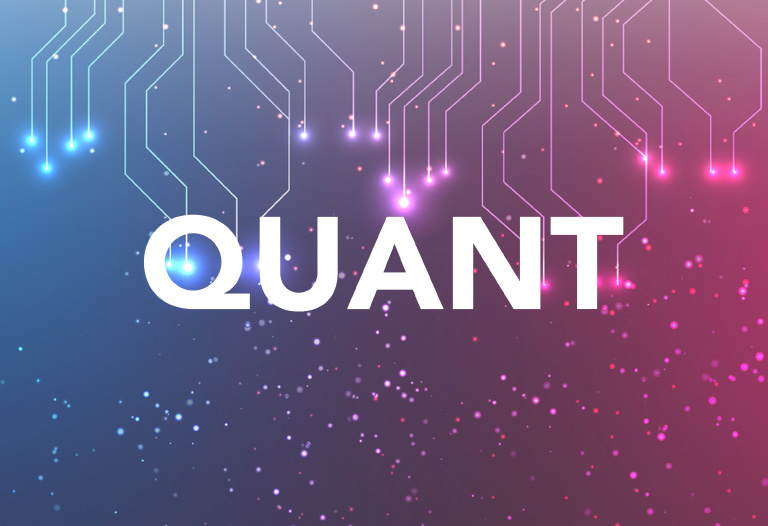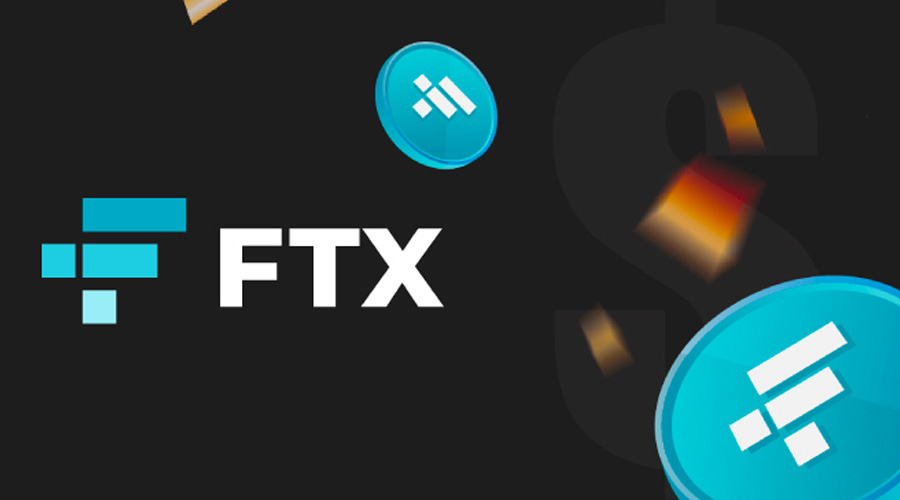Smart Contracts Is Too Limiting a Name Says Blockstack CEO
Smart contracts can be used to create a wide range of applications, change the fundamental way that computers work,

In a recent interview Blockstack CEO Muneeb Ali said that the term "smart contracts" is too limiting to describe the full potential of this technology. He argued that smart contracts are not just about automating contracts, but about creating a new type of digital infrastructure that can be used to build a wide range of applications.
Ali's comments come at a time when smart contracts are gaining increasing attention from both the technology industry and the general public. Smart contracts are a key component of blockchain technology, and they are being used to develop a wide range of applications, including decentralized finance (DeFi), non-fungible tokens (NFTs), and supply chain management systems.
What are smart contracts?
Smart contracts are self-executing contracts that are stored on a blockchain. They are programmed to execute automatically when certain conditions are met. For example, a smart contract could be used to automate the payment of insurance premiums when a certain event occurs, such as a car accident.
Smart contracts have a number of advantages over traditional contracts. They are more secure, transparent, and efficient. Smart contracts can also be used to create new types of contracts that would not be possible with traditional contracting methods.
Why is the term "smart contracts" limiting?
Ali argues that the term "smart contracts" is too limiting because it focuses only on the ability of smart contracts to automate contracts. He argues that smart contracts have the potential to do much more than that.
For example, smart contracts can be used to create new types of digital assets, such as NFTs. Smart contracts can also be used to create decentralized applications (DApps) that run on a blockchain.
Ali believes that the term "smart contracts" does not adequately capture the full potential of this technology. He suggests that the term "programmable blockchain" would be more accurate.
Implications of the term "programmable blockchain"
The term "programmable blockchain" has a number of implications. First, it suggests that smart contracts can be used to create a wide range of applications, not just automated contracts.
Second, it suggests that smart contracts can be used to change the fundamental way that computers work. In the past, computers were used to process information and execute programs that were written by humans. However, with smart contracts, computers can now execute programs that are written on a blockchain.
Third, it suggests that smart contracts can be used to create new types of digital infrastructure. For example, smart contracts could be used to create a decentralized internet or a decentralized financial system.
The term "smart contracts" is too limiting to describe the full potential of this technology. Smart contracts are not just about automating contracts, but about creating a new type of digital infrastructure that can be used to build a wide range of applications.
The term "programmable blockchain" is a more accurate description of the full potential of smart contracts. Smart contracts can be used to create a wide range of applications, change the fundamental way that computers work, and create new types of digital infrastructure.
What's Your Reaction?
















